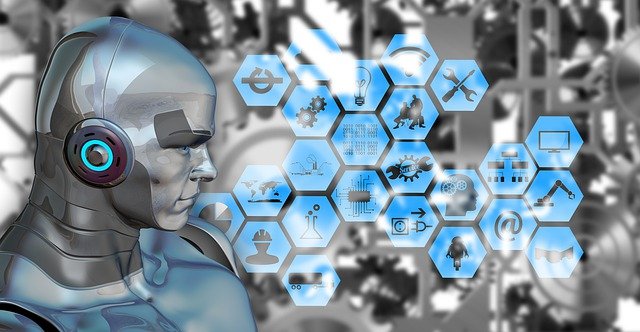A controller called the AirRacket shoots out a burst of compressed air to produce strong forces similar to those produced when striking a ball
[embedded content]
A controller that shoots out bursts of compressed air can simulate racket sports like tennis, badminton and table tennis in virtual reality.
Until now, video games such as Wii Sports have used vibrations to give players the sense of hitting a ball in simulated versions of tennis.
“It’s completely different from what you feel if you can actually hit a ball,” says Mike Chen at National Taiwan University in Taipei. “Our work is the first racket that allows you to feel that directional force right from the impact of the ball.”
Chen and his colleagues created a 3D-printed carbon-fibre controller called the AirRacket to better simulate how rackets react to ball impacts. The AirRacket uses cylinders of compressed air adapted from paintball guns, which can produce instant, strong forces similar to those made when striking a ball.
Advertisement
The system relies on a perceptual illusion to make the impact force feel up to four times bigger than it really is. “When you have a longer force, you perceive the magnitude of that force to be larger,” says Chen.
When people tested the AirRacket in the lab, they reported that as well as making the game feel more immersive, the impact sensations helped them target their shots and feel how well they were hitting the ball.
Chen and his team presented the work at the Conference on Human Factors in Computing Systems in New Orleans, Louisiana, on 3 May.
“It’s exploiting what all virtual reality does, which is trying to take advantage of our perceptual limitations and to trick us into believing some sensation that isn’t really there,” says David Swapp at University College London.
The combination of the sound of the air jet and the force of the racket also helps trick users into believing they are playing tennis, says Swapp.
The sensation of hitting a ball in real life involves a mixture of different sensations in addition to the ball’s force, such as vibration and oscillation. Some users reported that the force felt a little weak for some of the heaviest balls, like those used in tennis. Future models could produce more specific vibration patterns and frequencies for certain sports to increase the level of realism, says Chen.
More on these topics:

